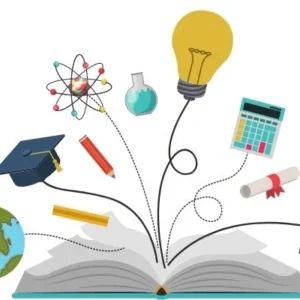Germany has contributed an additional $65 million to UNICEF and the United Nations World Food Programme (WFP) to strengthen community resilience in South Sudan amid a worsening humanitarian crisis. Currently, an estimated 9.3 million people—approximately 70 percent of the population—require humanitarian assistance. The funding, channeled through KfW, the German Development Bank, will support nearly one million people under the Joint Resilience Project Phase II, focusing on urban and peri-urban areas in Juba, Torit, Yambio, and Aweil.
The German support will fund a range of essential services, including education, health, livelihoods, water, sanitation, and hygiene (WASH), child protection, and the prevention of gender-based violence. It will also enhance education infrastructure by renovating classrooms and providing daily school meals, which serve as a complementary intervention to improve nutrition and human capital development.
Gregory Bledjian, Head of Mission of Germany to South Sudan, emphasized that improving food and nutritional security, education, and social cohesion is key to reducing long-term dependence on humanitarian aid. He described Phase II of the Joint Resilience Project as a crucial step toward unlocking South Sudan’s potential for self-reliance and sustainable development.
UNICEF Representative Noala Skinner highlighted that Germany’s contribution will enable critical interventions for vulnerable children, including treatment for severe malnutrition, access to clean water, health services, education, and protection from harm. Similarly, WFP Acting Representative Adham Effendi noted that the funding strengthens the organization’s ability to empower communities, promote food security, and enhance the dignity and resilience of affected populations.
Phase II of the Joint Resilience Project builds on the success of the first phase, which began in 2019 with over $120 million in German support and benefited 550,000 people. The current phase aims to consolidate these gains and expand geographically to reach more communities in need. The WFP and UNICEF continue to work with partners to provide life-saving assistance and build pathways toward stability, resilience, and long-term development for vulnerable populations in South Sudan.







